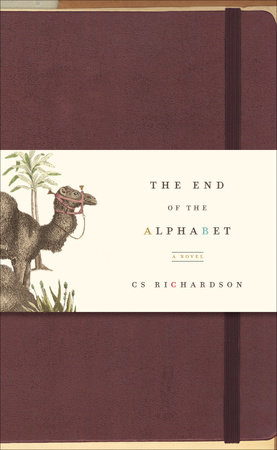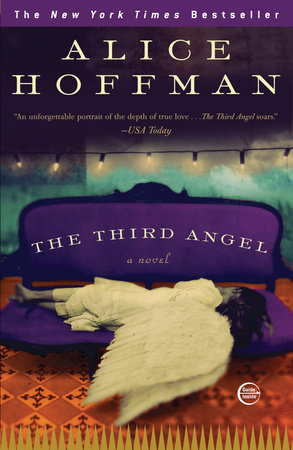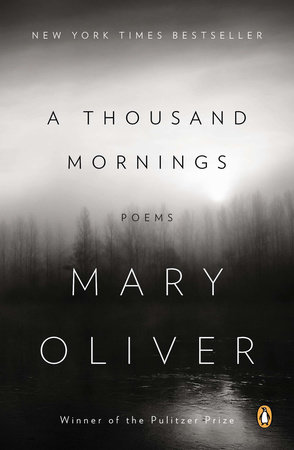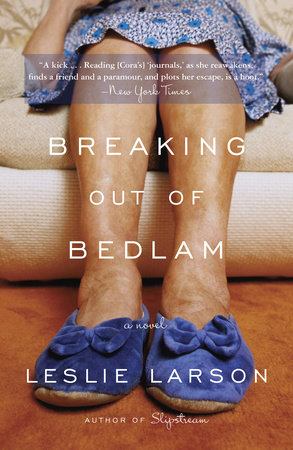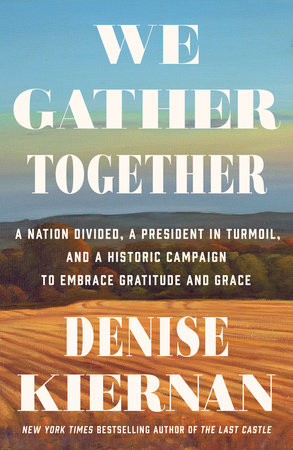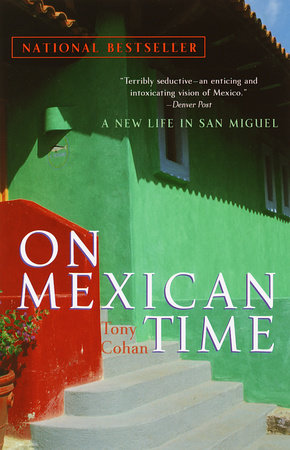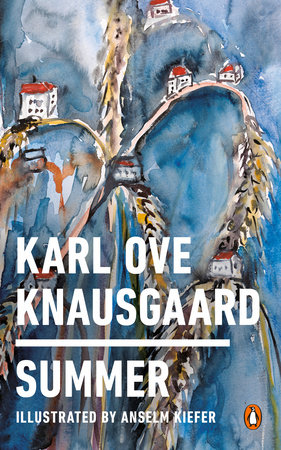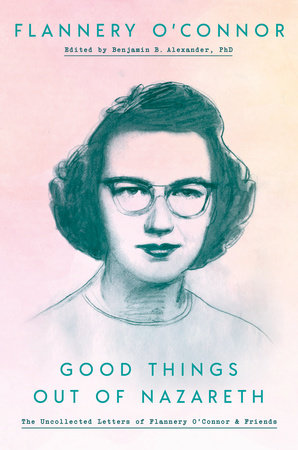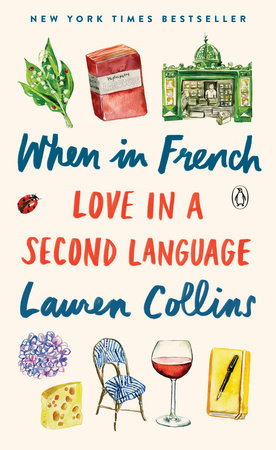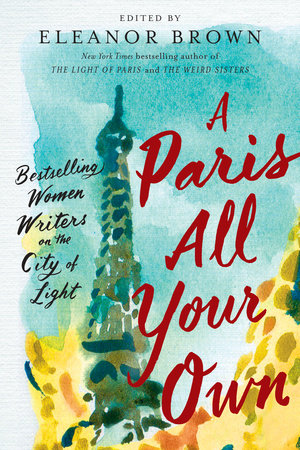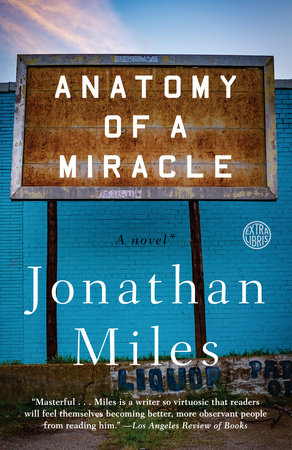Author Q&A
Author Q&A With CS Richardson
Q: Can you tell us how you became a writer?
Inexplicable alchemy: a combination of self–imposed mad–as–hatter challenge, together with a vague form of literary osmosis. I’ve spent twenty–five professional years amongst writers and books: I’ve marketed them, I’ve promoted them, I’ve assisted in their development, I’ve designed more than a few of them (at last count some 1000 titles). Having done all that, a few years ago I quietly began searching for a new challenge. I had done some writing (ad copy and such) and that, coupled with the experience of working with and for the finest writers in the world, and unconsciously sponging up their example, spurred me to make an attempt at serious writing. Mad? Those twenty–five years should have reminded me how Herculean the effort, for how miserly the return, is the craft of making a novel. But then “return” was never the reason I became a writer.
Q: What inspired you to write The End of the Alphabet? Is there a story about the writing of this novel that begs to be told?
The inspiration for the kind of novel The End of the Alphabet is came from simply wanting to write a novel I would want to read. I am a devotee of the fable, the parable, the touch of magic, the grown-up fairy tale if you will. Picture somewhere between Le Petit Prince and The Old Man and the Sea and there I am, completely engrossed. As to the inspiration for The End of the Alphabet as a story, that came by way of upending the common parlour quiz: what you do if you won the lottery? The novel in essence spins the question on its ear: what would you do if you were given thirty days left to live?
Regrettably, there are no eccentric tales to be “begged” regarding the writing of The End of the Alphabet. Some pertinent (if barely newsworthy) facts about its gestation, if you insist:
• It took me four years to write. Almost all of that writing time occurred at night: after the day job, after the family had bedded down, into the small hours.
• The novel in its published form is approximately 20,000 words. Through numerous drafts, false starts, and simply learning the craft, I wrote close to 100,000 words.
• The working title (indeed the only title until very late in the publishing process) was The Grand Tour of Ambrose Zephyr. It is still shorthanded by some as “Ambrose.”
• No one will ever see those 80,000 words that didn’t make the final draft.
Q: What is it that you’re exploring in this book?
The concept, the notion, the ideal (if such a thing exists) of what is important in one’s life. Is it putting paid to a laundry list of acquisition and experience before one dies? Or is it something more fundamental yet far less tangible? Love? Certainly. And home. And, simply, living life to its fullest.
Q: Do you have any favourite characters in the book?
All are favourites, naturally. Though I miss writing about Zipper and Mr Umtata (the tailor of Old Jewry) the most.
Q: Are there any tips you would give a book club to better navigate their discussion of The End of the Alphabet?
Step 1: Imagine. Step 2: Try not to skim (it isn’t very long, you might miss something). Step 3: Resist the temptation to over-think. Steer clear of searching for things that aren’t there. This is not English Lit class. It is escape. Step 4: repeat step 1.
Q: What question are you never asked in interviews but wish you were?
Is the novel autobiographical? No. And yes. I will admit to a few of my own experiences and philosophies worming their way into the story–there isn’t a novelist alive or dead who hasn’t done the same thing at least once. But The End of the Alphabet is no more (or less) autobiographical than our man in Havana is actually Graham Greene or that Heathcliff’s Catherine is in reality a thinly veiled version of Ms Bronte.
Full disclosure then: I am roughly the same age as Ambrose Zephyr. I too work in a creative field. I am happily married to a woman of Jewish origin and extraordinary grace. But unlike our protagonist I am in good health (thanks for asking), I do not live anywhere near the High Street in Kensington W8, and regrettably I have never been to Istanbul.
Q: Has a review or profile ever changed your perspective on your work?
They all have. In spite of generous enthusiasm and support from friends, family, agents, editors, and publishing colleagues, I was never truly convinced I had accomplished what I set out to do, that is, produce something of real literary value. With rare exception, every review The End of the Alphabet has confirmed that I have. As a result, my perspective is a touch more sure.
Q: Which authors have been most influential to your writing?
From a very long fiction list: Alessandro Baricco, Italo Calvino, Ernest Hemingway. From an equally long non-fiction list: Jan Morris, Alberto Manguel, Simon Schama.
From film (certainly as influential, sometimes more): Jean-Pierre Jeunet, Alan Bennett.
Q: Has your work as a book designer influenced your work as a writer?
Not to a great extent, though I tend to write “visually” (as luck would have it, the very definition of graphic design). I “see” the passage I am writing (as I’m sure most writers do) as a picture, a photograph, a scene from a movie perhaps.
On a less intellectual level, I write using book design software (as opposed to conventional word processing). Through those aforementioned dark small hours I’d rather be looking at an elegant typeface on an attractively proportioned page than at Courier on 8 1/2 x 11. So one could say my being a book designer has influenced my work as a typist.
Q: If you could have written one book in history, what would it be?
Silk, by Alessandro Baricco. Graceful, sensuous, witty, deeply moving. Not a word out of place, not a word too many, and not much more than 100 pages long. An elegant story, stylishly told. The very definition of less-is-heartbreakingly more. I read it with alarming regularity.
Q: What are you working on now?
At the risk of breaking The First Rule of Novelists (never talk about the next novel until it is done), I am working on, well, my next novel. All I will say is that it involves a man who cannot read. And yes, thank you, the writing is going well.
